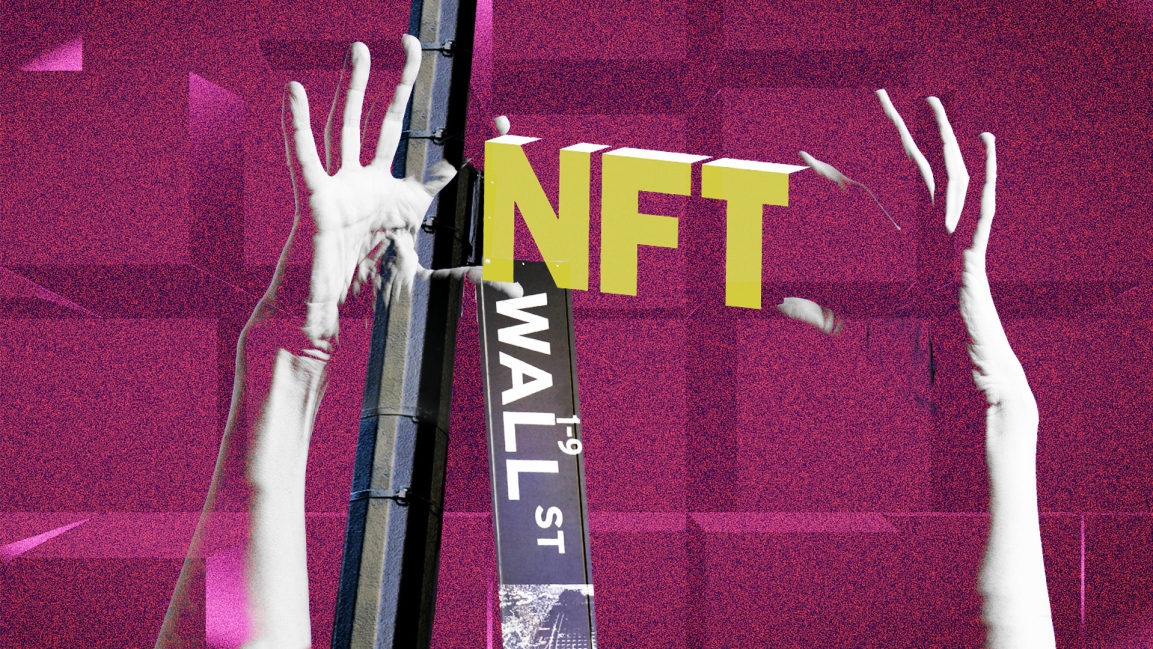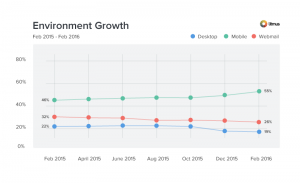
The New York Stock Exchange (NYSE) is eyeing greater ventures in the lucrative NFT trading frenzy, according to its recent filing with the U.S. Patent and Trademark Office.
The filing, submitted February 10, reveals the NYSE’s ambition to launch a platform for cryptocurrency and NFT trading, among other things. Such a platform would pit the centuries-old institution against the likes of crypto unicorn OpenSea—a roughly four-year-old startup that landed a monster $13 billion valuation in January—as well as other popular NFT marketplaces like Rarible and the Winklevoss-owned Nifty Gateway.
According to the document, the world’s largest stock exchange “has a bona fide intention” to explore a vast spectrum of blockchain-based technologies, including but not limited to: “application programming interface (API) to allow users to access, maintain, store, display, buy, sell, and trade virtual and digital assets, artwork, collectibles, and NFTs; and API for sending, receiving, accepting, buying, selling, storing, transmitting, trading and exchanging digital currency, virtual currency, cryptocurrency, digital and blockchain assets, digitized assets, digital tokens, crypto tokens, and utility tokens.”
Other possibilities listed in the wide-ranging prospectus are software for virtual and augmented reality, and digital currency wallet services.
It wouldn’t be the NYSE’s first foray into Web3: In spring 2021, the stock exchange minted six NFTs celebrating the public debuts of buzzy tech companies, including Spotify, Snowflake, Unity, DoorDash, Roblox, and Coupang. (The tokens—10-second videos depicting a virtual bell being rung—were not sold but gifted to the companies.) Back then, it said there would be “many more NYSE NFTs to come.”
However, a trademark application is a very early-stage step for most companies, meaning any such venture—if it does materialize—could take time. The Exchange told Fast Company in a statement that it “has no immediate plans to launch cryptocurrency or NFT trading,” but “regularly considers new products and their impact on our trademarks and protects our intellectual property rights accordingly.”
Other big brands jostling for intellectual property in the space include McDonald’s, for restaurants in the metaverse; Disney for metaverse theme parks; and New Balance for virtual clothing, footwear, and sporting goods. They’re hardly alone: According to federal data, there were 2,023 new NFT-related trademark filings in 2021, perhaps the clearest sign of a collective corporate fear of missing out, at the very least. And in a recent test of nascent NFT trademark law, Nike is currently suing StockX for minting NFTs linked to Nike shoes.
(25)
Report Post







